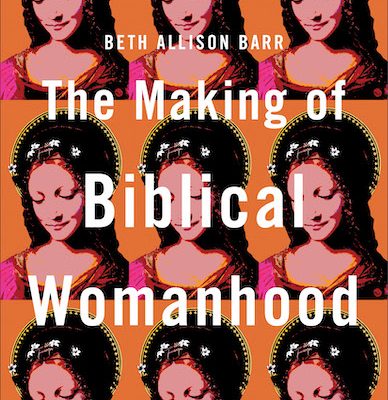“For millennia,” wrote Owen Strachan, “followers of God have practiced what used to be called patriarchy and is now called complementarianism.”[1] Others have made similar statements, and so we might not be surprised that Beth Allison Barr identifies complementarianism with patriarchy, which Barr understands as a system of male power and female oppression.
How does she make this connection between patriarchy and complementarianism? First, Barr discusses a taxonomy of patriarchy and highlights this definition of it: “A society that promotes male authority and female submission” (13). She then explains, “Both the tradition of male church leaders and the authority of male household heads function within cultures that generally promote male authority and female submission” (14). In other words, male-only pastors and male leadership in the home exist as instances of a larger patriarchal society.
Although Barr may allow for good in hierarchies, she does not explain if or how that might be the cause. And she argues that “gender hierarchies oppress and damage both women and men in the name of Jesus” (9). If I understand her argument correctly then, gender hierarchies as such indicate patriarchy, and patriarchy by definition creates a system of power and oppression that privileges men and devalues and damages women. [Read more…] about The Making of Biblical Womanhood by Beth Allison Barr (A Review)
